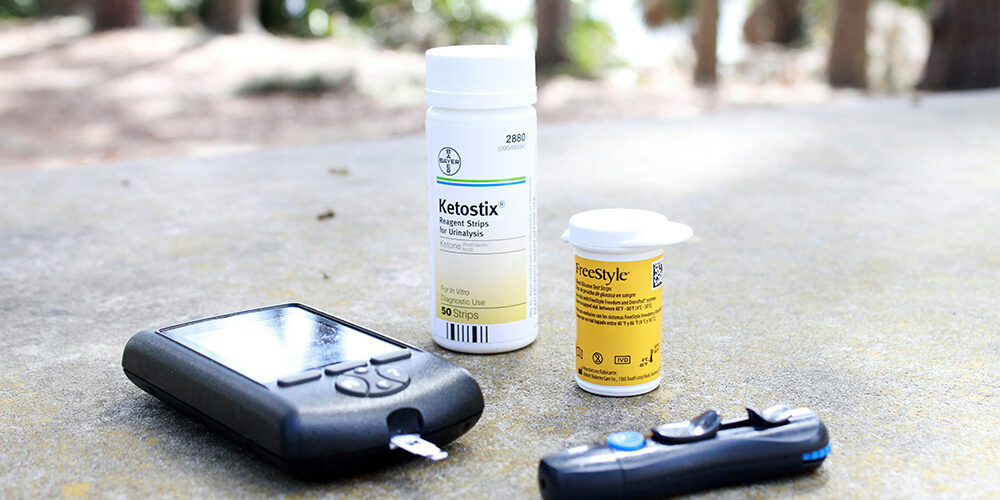Diabetes is a chronic condition that affects millions of people around the world, significantly impacting their lifestyle and overall health. This condition occurs when the pancreas cannot produce enough insulin or when the body cannot effectively use the insulin it produces. Insulin is a hormone that regulates blood sugar (glucose) levels, and its dysfunction leads to elevated blood sugar levels, which over time can cause serious damage to various body organs.
Types of Diabetes
There are primarily three types of diabetes:
1. **Type 1 Diabetes:** This autoimmune condition results in the body attacking its own pancreas with antibodies, leading to a lack of insulin production. It often manifests in childhood or adolescence but can occur at any age.
2. **Type 2 Diabetes:** Far more common, this condition results from the body’s ineffective use of insulin. It’s largely a result of excess body weight and physical inactivity, though genetics also play a role.
3. **Gestational Diabetes:** This type occurs in pregnant women without a previous history of diabetes and usually resolves after childbirth. However, it can increase the risk of developing type 2 diabetes later on.
Symptoms
While symptoms of diabetes can vary by type, common indicators include:
– Frequent urination
– Excessive thirst and hunger
– Unintended weight loss
– Fatigue and weakness
– Blurred vision
– Slowed healing of wounds
Prevention and Management
Managing diabetes is a multifaceted approach that often includes lifestyle adjustments, medication, and regular monitoring of blood sugar levels. Here are some strategic measures to prevent or manage diabetes:
– **Healthy Diet:** Focus on a balanced diet rich in fiber, and low in sugar and saturated fats. Include fruits, vegetables, whole grains, and lean proteins.
– **Regular Exercise:** Aim for at least 150 minutes of moderate aerobic activity or 75 minutes of vigorous activity each week.
– **Weight Management:** Keeping a healthy weight is crucial, as excess fat, particularly around the abdomen, increases the risk of developing type 2 diabetes.
– **Regular Check-ups:** Early detection through regular blood tests can help manage the condition more effectively.
– **Medication:** For those diagnosed, following your prescribed medication routine rigorously is essential for controlling blood sugar levels.
Challenges and Solutions
Living with diabetes can pose various challenges, including managing daily diet, exercise, medication, and the emotional toll of chronic disease management. Support from healthcare professionals, family, and friends, alongside educational resources, can empower individuals to live fulfilling lives despite these challenges.
Conclusion
Diabetes is a complex condition that necessitates a comprehensive understanding and a proactive approach to management. By recognizing the symptoms early, adopting preventive measures, and adhering to management strategies, individuals can mitigate the impact of diabetes on their lives. Always consult with healthcare professionals for personalized advice and treatment plans tailored to individual health needs.
Diabetes is not a result of a medication shortage. It is a byproduct of the body no longer interacting appropriately with its environment. Although some things can be avoided in our environment this would be the equivalent of putting a bandaid over a sliver, the problem might be covered but it is still there. Symptoms tell us when something is out of balance in our bodies so we can work to fix it. Contact us today to try nomoSIK for your diabetes.
It is important to note that the NOMOSIK therapy has not been evaluated by the FDA and is not intended to diagnose, treat, prevent or cure any disease. It specifically tests and treats for neuro-physiological imbalances in the body. Please see reviews of the amazing recoveries patients have noted with their illness and allergies following treatment of these imbalances. These treatments do not constitute the practice of medicine and are intended solely for the purpose of addressing muskulo-skelital conditions through alternative therapeutic means.

